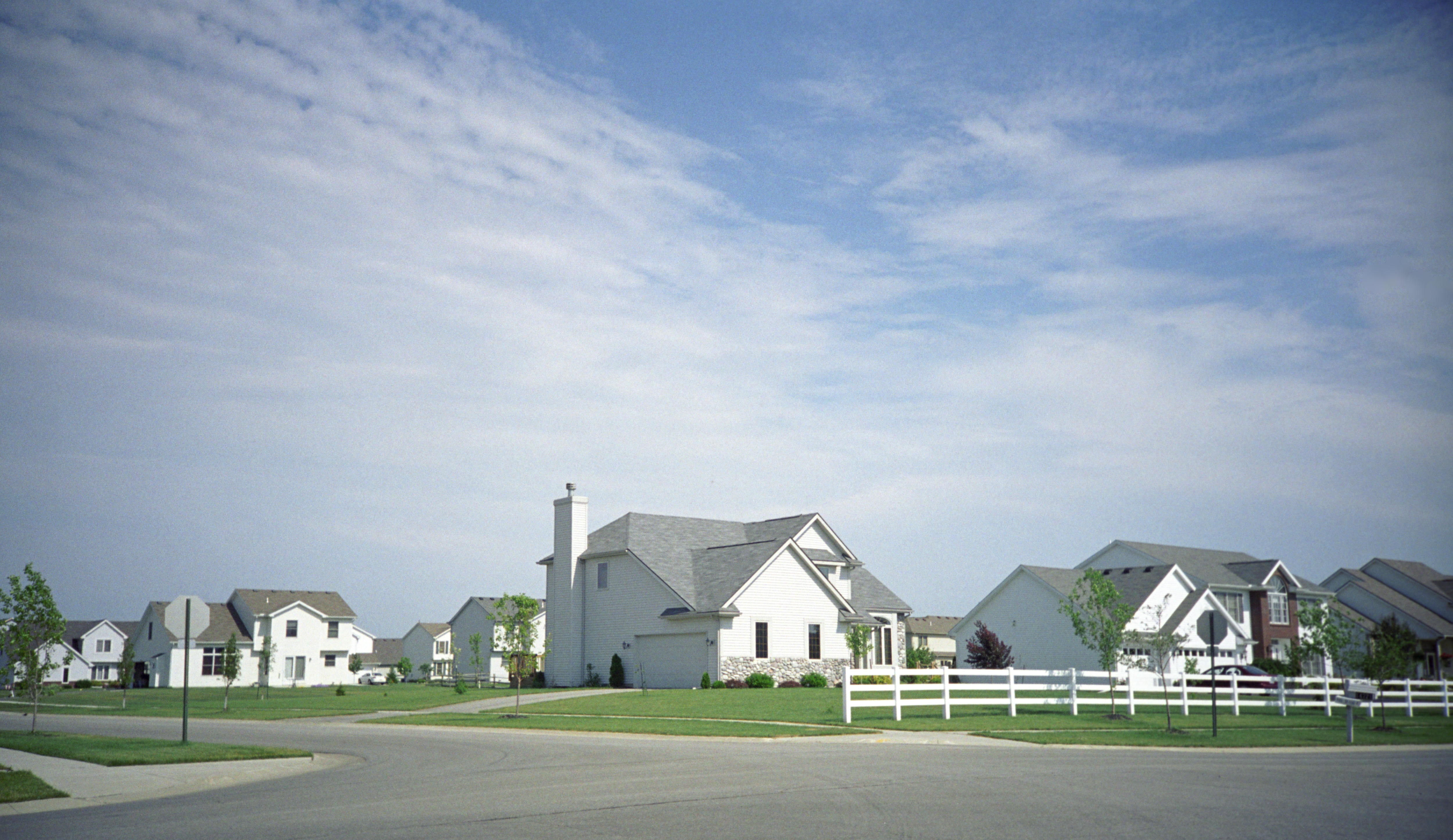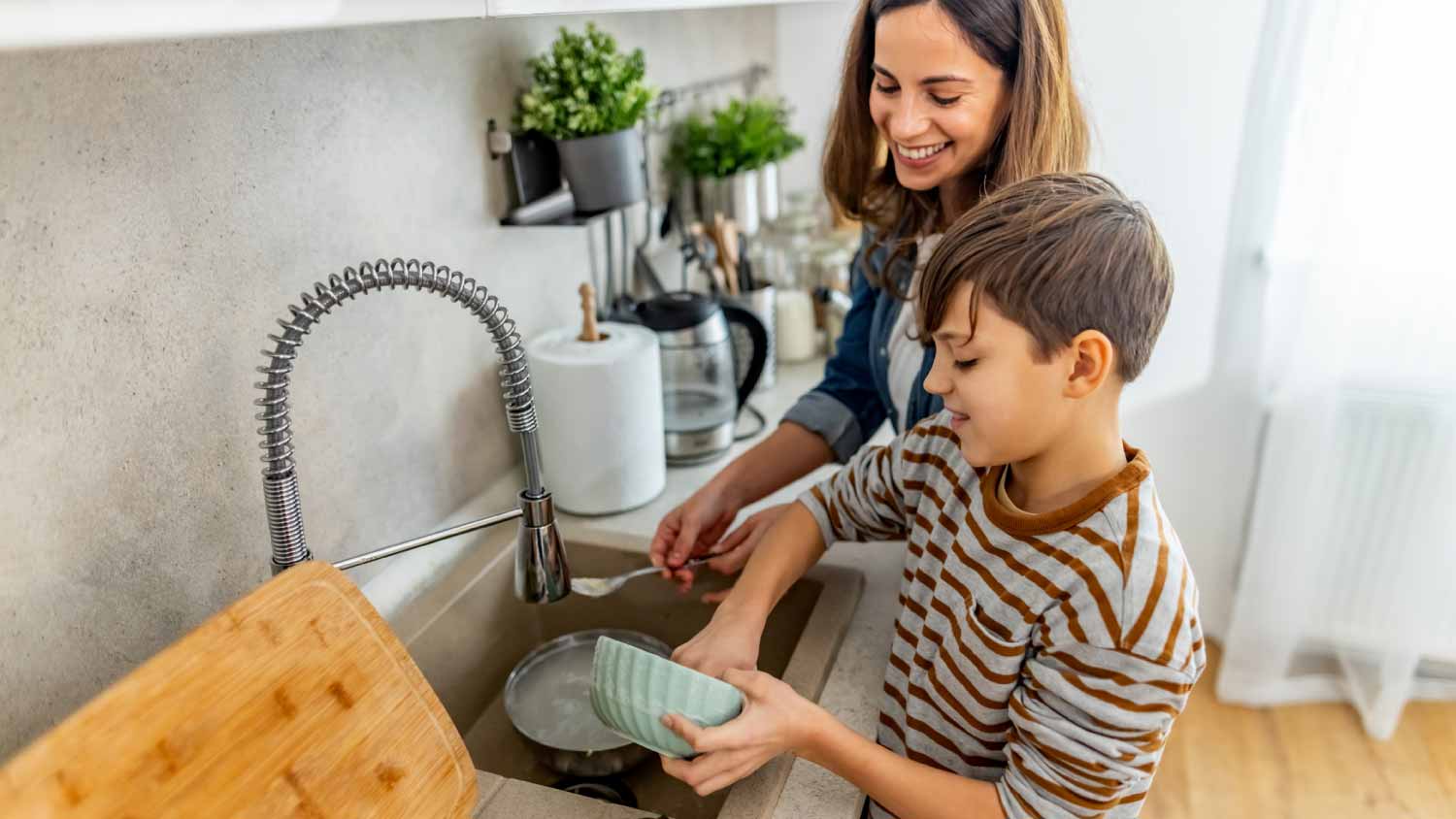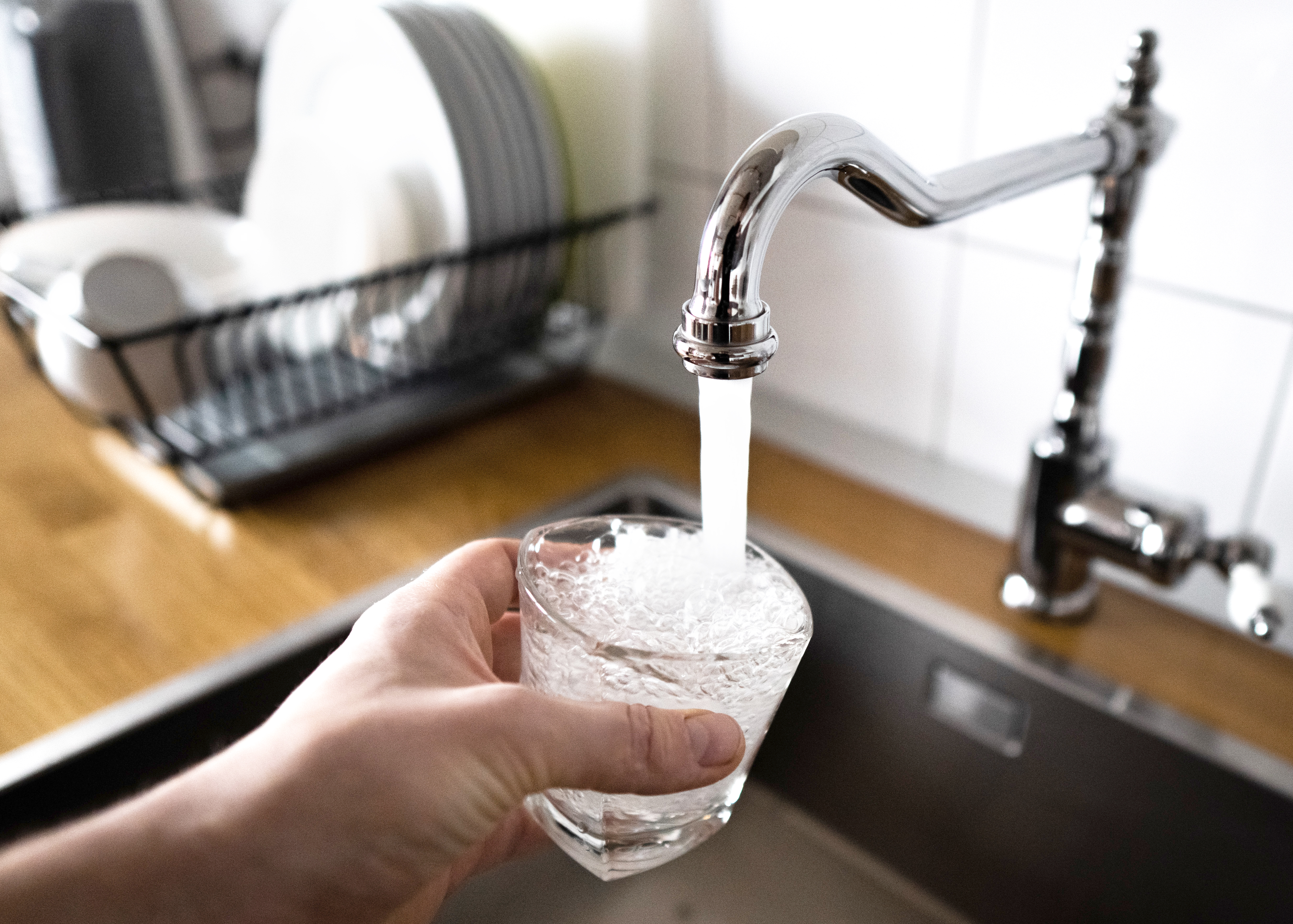
Discover the leading factors affecting your main water line replacement cost in Columbus, including length, material selection, and installation details.
Don’t fret—expert help is on the way


Owning a home comes with a surprise repair from time to time, but some are so disruptive, that you have no choice but to bring in a professional to help. If your water main breaks, you want to find help fast. Otherwise, you risk your water supply becoming contaminated, flooding, and property damage. So, who should you call for a water main break? Learn why you should call a plumbing professional near you if your water main breaks.
When a water main breaks, hiring a licensed plumber is the best course of action. Here’s why:
Expertise in water line repairs: Plumbers specialize in water supply systems and understand how to diagnose and fix main breaks efficiently.
Proper licensing and permits: Many municipalities require licensed plumbers to handle water main repairs to help ensure compliance with local codes and regulations.
Equipment: Plumbers have specialized tools, such as water main pipe locators and trenchless repair equipment, to minimize disruption and complete the job effectively. Buying all of these tools on your own would be quite expensive.
Emergency response: Many plumbing companies offer 24/7 emergency services, which is crucial since water main breaks can quickly cause flooding and water loss.
Long-term Solutions: A professional plumber will not just patch the current problem; they can also assess the system for underlying issues to help prevent future breaks.

While general contractors are skilled at overseeing construction projects, they are not the best choice for repairing a water main break. They can handle broader projects that involve multiple areas of expertise, but plumbing repairs are a specific skill set that most general contractors rarely possess.
However, a general contractor can coordinate with plumbers, utility companies, and local officials if the repair requires excavation or work on the street. If the water main break is part of a larger renovation or construction project, they may be able to manage the logistics of the repair and ensure everything runs smoothly.
Though handypersons are skilled in a variety of home repairs, tackling a water main break goes beyond their scope of expertise. While handypersons can sometimes handle minor plumbing tasks, the risk of incomplete or improper repairs increases when it comes to a major issue like a water main break.
While hiring a handyperson would cost less, they often lack the necessary permits, insurance, and specialized tools to repair a water main break. Without the proper licensing, there may also be legal issues if local laws require professional intervention for such repairs.

When a water main breaks, a licensed plumber follows a series of steps to restore the water flow and prevent further damage. Here’s what to expect.
Shut off the water supply: First, they’ll shut off the water supply to the broken main to stop flooding or water loss. Next, they’ll assess the damage, often using specialized equipment like pipe locators to find the exact location of the break.
Excavate the area: Once identified, the plumber will excavate the area around the break, which may involve digging up the street or yard, depending on where the pipe is located.
Do the repairs: After exposing the damaged section, they will either repair or replace the broken pipe. In some cases, they may use trenchless technology, which requires minimal digging and reduces disruption to the surrounding area.
Run final tests: The plumber will test the new or repaired pipe to ensure the water flows correctly and check for any leaks. Once the repair is confirmed to be secure, they’ll fill in the excavation site and restore the area to its original state.
The cost of repairing a water main break ranges between $350 and $1,700, with the average cost falling around $1,025. However, the final price depends on the specific type of repair needed. For instance, fixing a leaky valve can cost anywhere from $150 to $700, while replacing a valve ranges from $150 to $300, depending on its location.
For more extensive issues, such as pipe damage, the cost varies significantly. A cracked pipe repair costs between $500 and $1,000, while the cost of fixing a broken pipe can range from $500 to $5,000, depending on the severity of the damage and the complexity of the repair. Corroded pipes are the most expensive to repair, with costs ranging from $600 to $5,000, as the corrosion requires complete pipe replacement.
Although it may be tempting to save money by repairing your main water line yourself, it's best to leave this job to a professional plumber. In many areas, local regulations even mandate that major plumbing repairs be handled by a licensed plumber.
From average costs to expert advice, get all the answers you need to get your job done.

Discover the leading factors affecting your main water line replacement cost in Columbus, including length, material selection, and installation details.

Learn about main water line repair costs in Columbus and what affects pricing to be prepared before you start getting estimates.

Learn how much plumbers cost in Columbus, Ohio. Discover pricing for faucet repairs, pipe work, and emergency services, plus how you can save money.

Fixing a leaky faucet starts with knowing which type of faucet you have. Follow these steps to learn how to fix a leaky faucet in no time.

Range hood dripping water? You may have damaged flappers or need more insulation. Find out what’s causing the problem and call the right professional to fix it.

Read how to properly vent your toilet, sink, and shower and learn the importance of effective plumbing ventilation to ensure a well-functioning and odor-free bathroom.